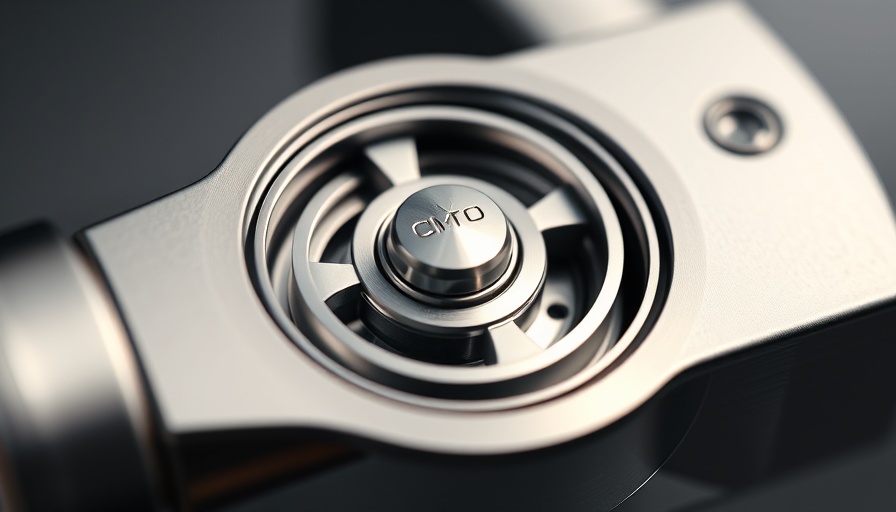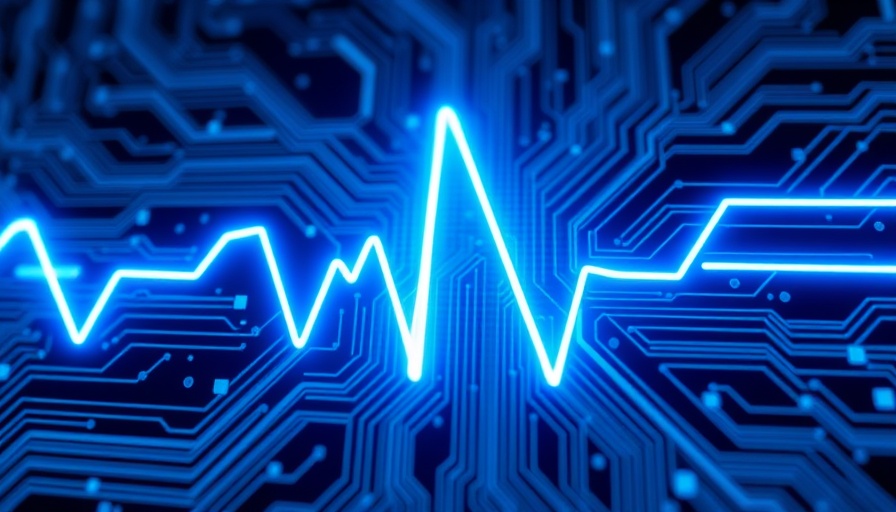
Revolutionizing Migraine Treatment: The Power of Remote Electrical Neuromodulation
Migraine affects millions across the globe, often leading to debilitating pain and functional incapacitation. Recent studies unveiled the efficacy of remote electrical neuromodulation (REN), a cutting-edge option for individuals suffering from various types of migraines, including those with and without aura. In a world searching for effective nonpharmacologic treatments, these studies shine a hopeful light on the future of pain management.
What Did the Studies Reveal?
The groundbreaking findings presented at the 2025 American Headache Society Annual Meeting indicated that REN could relieve symptoms quickly. One study encompassing over 31,000 participants highlighted that individuals experienced relief from pain, functional disability, and nausea within just two hours following treatment. Another smaller study focusing on chronic migraine patients undergoing onabotulinumtoxinA treatment showed that those employing the REN device witnessed significantly lesser pain levels compared to those using a placebo device.
The Appeal of Non-Medicinal Treatments
Many patients, particularly those averse to medication, actively seek alternative remedies to manage their migraine symptoms. According to Dr. Alan M. Rapoport, a prominent clinical professor of neurology, finding non-medicinal options is imperative, as it enables patients to explore effective strategies without the potential side effects of traditional medications. With the research supporting REN therapy, patients now have a reliable method that rivals popular treatments such as vitamins and chiropractic care.
Understanding Migraine Types: Aura vs. Non-Aura
Migraine with aura affects approximately 30% of those who endure migraines, and until now, there's been limited research on how this variant impacts the severity of symptoms or response rates to treatments. The studies assessed over 311,000 migraine attacks, with a significant number categorized as either with or without aura. This extensive database allowed researchers to delve deeper into which treatment strategies might work best for different individuals.
Real-World Data Supporting REN Effectiveness
Using real-world data gathered between 2019 and September 2024, the studies revealed robust insights. The average participant was around 37.5 years of age, with the majority being women (nearly 87%). This demographic breadth aids in understanding the treatment's effectiveness across varied patient profiles. The researchers used a smartphone app linked to the REN device to track pain intensity and functional disability, marking a notable step in personalized treatment approaches.
Future Directions in Migraine Management
As interest grows around REN therapies, clinical experts are optimistic about accessibility and implementation. With the American Headache Society's recommendation for incorporating REN therapy as an alternative to first-line treatments like triptans, we can anticipate further advancements and adoption of these methods in clinical practice. This could usher in a new era where treatment focuses more on patient comfort and less on conventional medication side effects.
Take Charge of Your Health!
If you're among the millions impacted by migraines, it's essential to stay informed about new treatments like REN. The journey to reducing migraine impacts can be filled with ups and downs, but knowledge is power. Talk to your healthcare provider today about whether remote electrical neuromodulation is a suitable option for you.
 Add Row
Add Row  Add
Add 



Write A Comment